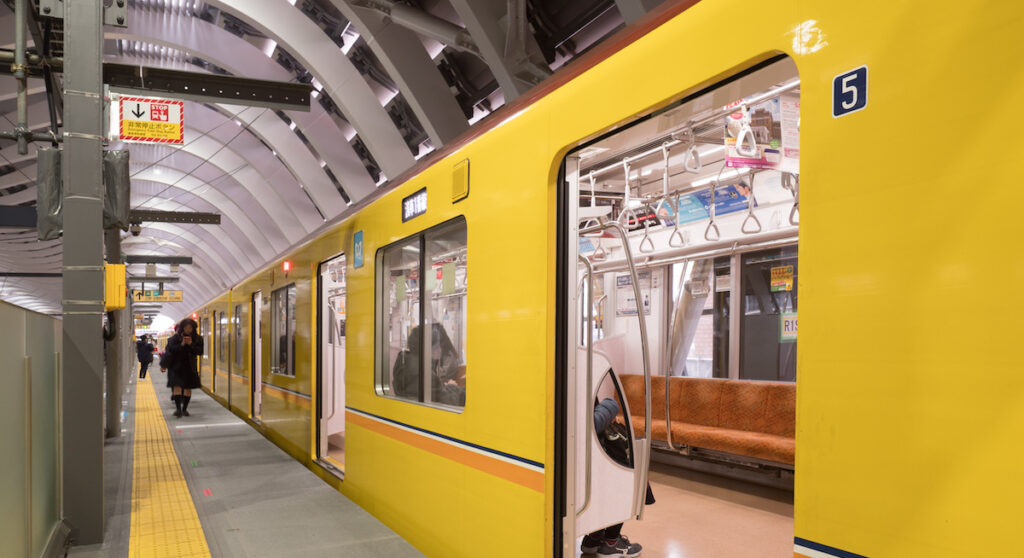
Embarking on a journey to Japan and looking for the perfect place to call home? Whether you’re planning a short stay or a long-term commitment, understanding the diverse housing options and intricacies of the rental process is crucial. In this comprehensive guide, we’ll walk you through the various types of housing services, rental terms, costs, and the application process, ensuring you’re well-prepared to navigate Japan’s housing landscape.
Types of Housing Services in Japan
Short- to Mid-term Housing: Serviced Apartments
- Enjoy the comfort of home with the convenience of a hotel.
- Contracts typically start at one month.
- All-inclusive services, including furniture, linens, cutlery, and regular cleaning.
Monthly Rentals
- Ideal for those avoiding high upfront fees.
- Furnished apartments available for a deposit and monthly rent.
- Contracts often start from 3 months, with utilities fees options.
Guest Houses
- Also known as “share houses,” offering private rooms and shared common areas.
- Cost-effective rents and deposits compared to other housing options.
- All fees usually included in the rent.
Long-term Rentals
- Wide range of options, from high-rise apartments to suburban houses.
- Contracts typically span 2-3 years, with furniture and utilities not included.
Rooms and Terms
Understanding the terms used in Japanese real estate listings:
- 1R: Studio apartment
- L: Living room (average approx 8jo/13sqm)
- D: Dining room (average approx 5jo/8sqm)
- K: Kitchen (average approx 4jo/6.5sqm)
- DK: Dining-Kitchen (1 room with an average size approx 5-9jo/8-14.5sqm)
- LDK: Living-Dining-Kitchen (1 room with an average size approx 9jo/14.5sqm)
- 洋室(Yoshitsu): Western style which indicates wooden or carpeted floor
- 和室(Washitsu): Japanese style which indicates tatami floor
- ロフト(Rofuto): Loft
- Often times room sizes are indicated in “jo,” which is the size of 1 tatami mat (1.6m).
Costs Associated with Housing
In addition to monthly rent, several upfront costs are typically associated with renting in Japan.
- Reikin (key money): A non-refundable deposit, usually equivalent to one to three months’ rent.
- Shikikin (security deposit): A refundable deposit, typically equivalent to one to two months’ rent.
- Chukai-tesuryo (agency fee): A fee paid to the real estate agent, usually equivalent to one month’s rent.
- Koshinryo (renewal fee): A fee paid to renew the lease, typically equivalent to one month’s rent.
- Kasai hoken (fire insurance): Legally required insurance to cover fire damage to the building.
Application Process
The application process for renting in Japan typically involves the following steps:
- Submit an application form: Provide employment and salary information, residence card (or passport), and personal seal or signature.
- Secure a guarantor: Most properties require a guarantor, typically a Japanese national with a stable income.
- Sign the lease agreement: Review the terms carefully and ensure you understand all obligations.
- Pay upfront costs: Reikin, shikikin, chukai-tesuryo, and koshinryo are typically paid at this stage.
Moving Out Procedures
When vacating a rental property, follow these steps:
- Provide notice of departure: Give one month’s notice to the landlord as per the lease agreement.
- Clean and vacate the property: Ensure the property is in a clean and tidy condition.
- Inspection and deposit refund: The landlord will inspect the property and refund the shikikin after deducting any repair costs.
Additional Tips
- Utilize real estate agents: Real estate agents can assist with property searches, negotiations, and paperwork.
- Research neighborhoods: Consider your lifestyle and proximity to amenities when choosing a neighborhood.
Navigating Japan’s housing market may seem intricate, but armed with this comprehensive guide, you’re well-equipped to make informed decisions. From short-term serviced apartments to long-term rentals, understanding the nuances of room codes and associated costs will ensure a smooth transition into your new Japanese home.
What Next?
At Housing Japan, we specialise in buying, selling, and managing residential luxury real estate. Whether you are a local resident or simply seeking a second home or temporary residence for business trips, we have you covered. Our one-stop service includes expert management services, so you can sit back and relax knowing that everything is taken care of. Whether you are looking for a luxurious living experience or an investment opportunity, we are here to help you every step of the way.
Contact Us
Housing Japan
7F BPR Place Kamiyacho, 1-11-9 Azabudai, Minato-ku, Tokyo, Japan 106-0041












